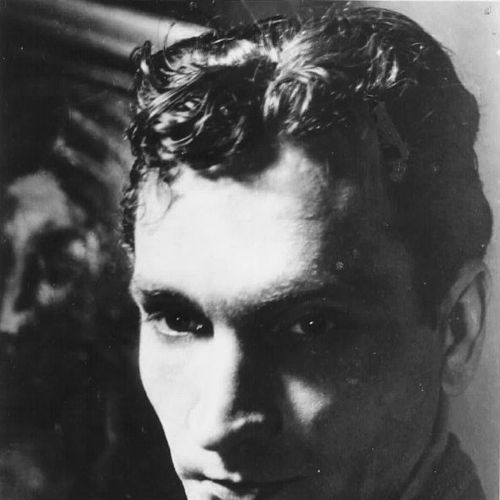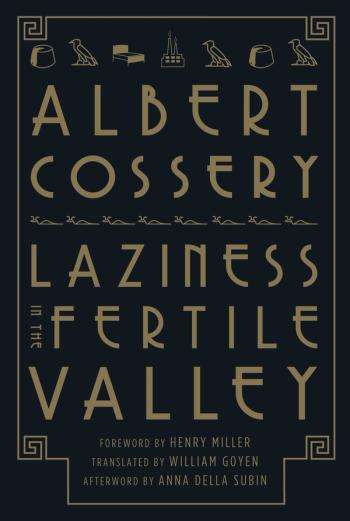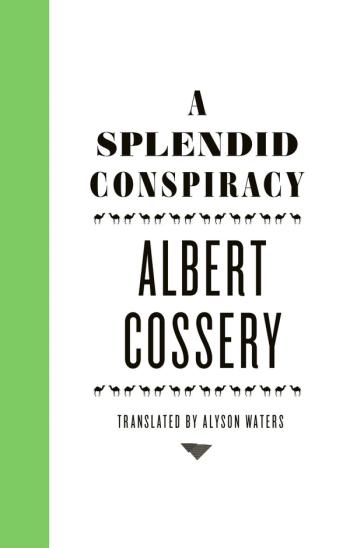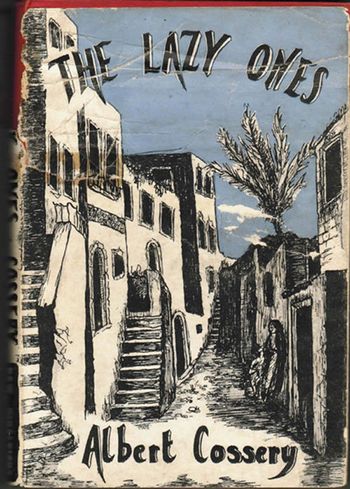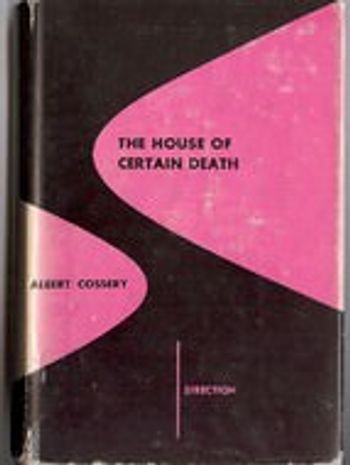Albert Cossery
Albert Cossery was born in Cairo in 1913, the son of middle-class parents. He studied law in Paris before the outbreak of World War II. During the war, Cossery served in the Egyptian merchant Navy. At the age of 27 he published his first book, Men God Forgot. Albert Cossery emigrated to Paris to continue his studies (which he never did) and to devote himself to writing. He settled permanently in the French capital in 1945, where he lived until his death in 2008. In 60 years he wrote eight novels, in accordance with his philosophy of life in which “laziness” is not a vice but a form of contemplation and meditation.
His books, which take place in Egypt or other Arab countries, portray the contrast between poverty and wealth, the powerful and the powerless, in a witty, but dramatic way. His writing mocks vanity and the narrowness of materialism and his principal characters are mainly vagrants, thieves or dandies that subvert the order of an unfair society. He is considered by some to be the last genuine “anarchist” or free thinking writer of western culture with his humorous and provocative although lucid and profound view of human relations and society. His writing style does not submit to an academic or experimental approach which makes him a vivid storyteller, without the boredom and artificial ambiguity of his fellow classical or avant garde writers. The sageness of his works are monuments to the freedom of being and thought against materialism, the contemporary obsession with consumption and productivity, the arrogance and abuse of authority, the vanity of social formalities and the injustice of the wealthy towards the poor.
In 1990 Cossery was awarded the Grand Prix de La Francophonie de l’Académie française, and in 2005 the Grand Prix Poncetton de la SGDL. Cossery died on June 22, 2008, aged 94.
